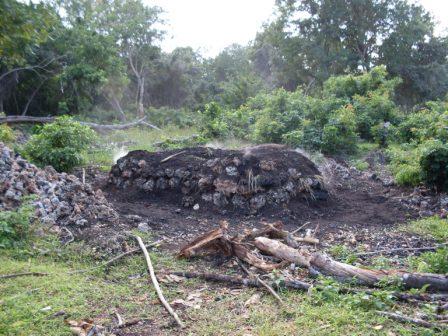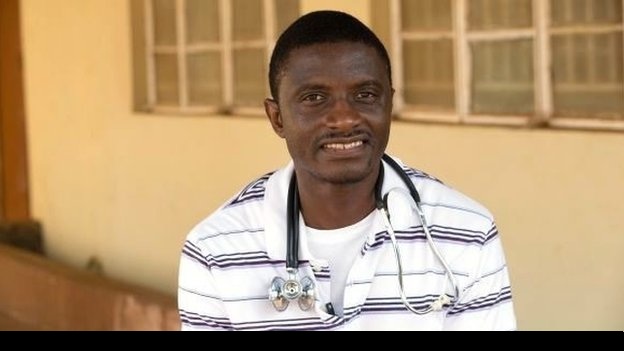Malawi has been urged to speed up development and enactment of policies and laws that will protect locals on access and benefit sharing of natural resources in line with international regulations as prescribed by the United Nations.
The call was made Friday by Jackie Namkumba, a lawyer from the Centre of Environmental Policy and Advocacy, and Leonard Manda from Mzuzu University at a Southern African regional meeting on biodiversity taking place in Johannesburg, South Africa.
The two were speaking in line with the United Nation’s Nagoya Protocol on access to genetic resources and fair equitable sharing of benefits arising from their utilization, which they indicated Malawi has not done much.
Malawians have raised concerns that they have not befitted enough from the extraction of mineral resources like in Karonga where an Australian company is mining uranium.
“Policies and strategies are needed for public awareness, building skills, development and transfer of exchange knowledge, expertise and technologies to improve understanding and effective address of resource mechanisms,” they said in the presentation.
The two added that Malawi also needs to build human and institutional capacity at all levels – from communities, district assemblies to the highest authority for the locals to maximize on the benefits of their ingenious knowledge believed to be making millions of dollars elsewhere across the world.
There has never been a formal calculation of how much Malawi’s genetic species and indigenous knowledge on utilization of the same has slipped of the hands of the locals to the benefit of the outer world because of lack of implementation of the protections provided by the UN.
For example, it is believed that species of the rare tilapia fish family of Chambo from Lake Malawi are selling hot across the globe at the expense of the locals.
This is not to mention the minerals, such as uranium, that have just been discovered in this nation in the past half decade.
Malawi is a member of the UN’s Convention on Biological Diversity {CBD} and the convention’s Cartagena Protocol on Bio-safety which it ratified in 2000, but it is yet to ratify two sub protocols agreed by world nations in Nagoya, Japan in 2010 and 2011.
“The country continues to miss out on some of the benefits that come along with being a party, for example, enhanced visibility and credible national system for regulating bio-prospecting and (natural resource) access benefiting sharing within the global community,” the experts noted.
The two said among other problems Malawi is facing lack of harmonization of various legislation it has put in place to safeguard its natural resources and the inability by state institutions and nongovernmental organizations to push for compliance on UN regulations on resource protection.
Journalists from eight Southern Africa countries including Malawi, Namibia, Zambia and Zimbabwe are being trained on the UN protocols on the sidelines of the meeting organized by the Regional Agriculture Environmental Initiative Network (RAEIN) Africa.




